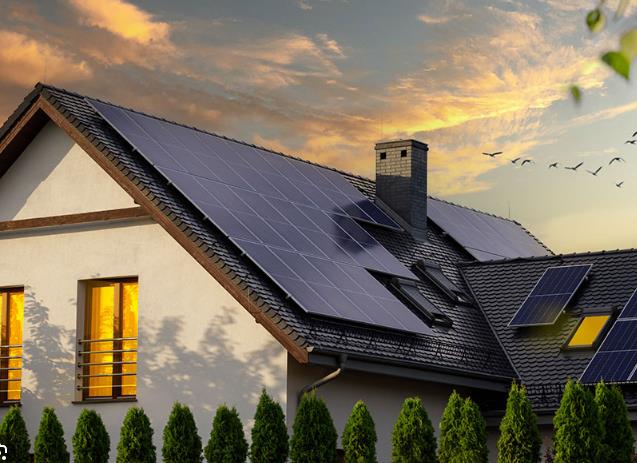Daily Power Output: What Does a 100 Watt Solar Panel Offer?
In the journey toward sustainable energy solutions, solar panels have become a cornerstone. Particularly, the 100 watt solar panel is a popular choice for those looking to dip their toes into solar power without making a large initial investment. But what exactly can you expect in terms of daily power output from such a panel? Let’s dive into the details and shed light on the capabilities of a 100 watt solar panel.

Peak Sunlight Hours: A Key Factor
The amount of electricity a solar panel can generate in a day is directly tied to the number of peak sunlight hours it receives. Peak sunlight hours refer to the time frame when the intensity of the sun's radiation is strong enough to be considered optimal for solar energy production. This figure varies by location, with some areas receiving as many as 6 peak sunlight hours per day, while others, particularly in more northern or cloud-prone regions, may receive fewer.
Calculating the Output
Under ideal conditions, a 100 watt solar panel can produce 100 watts of power per hour of peak sunlight. Therefore, the daily output is calculated by multiplying the wattage (100 watts) by the number of peak sunlight hours. For example, in an area receiving 5 peak sunlight hours per day:
- 100 watts * 5 hours = 500 watt-hours or 0.5 kWh per day.
This calculation provides a baseline estimate of what one can expect from a single 100 watt panel.
Real-World Considerations
It's crucial to note that several factors can influence the actual output of your solar panel, including weather conditions, the angle and placement of the panel, and potential shading from trees or buildings. To account for these variables, it's wise to consider the average output over a year rather than daily fluctuations.
How much power does a 100 watt solar panel produce in a day?
Given the calculation above, a 100 watt solar panel offers approximately 0.5 kWh of energy per day in ideal conditions. This output is sufficient for powering small appliances or charging personal electronics. For instance, it could charge a laptop (45W) for about 11 hours, power LED lights (10W) for 50 hours, or run a small fan (25W) for 20 hours, considering only the energy produced during the day.
Maximizing Your Solar Panel’s Efficiency
To make the most of a 100 watt solar panel, ensuring it is correctly positioned to capture maximum sunlight is crucial. Regular maintenance to keep the panel clean and free from obstructions is also important. Additionally, pairing your panel with a battery storage system can help utilize the solar power generated throughout the day, during nighttime or less sunny periods.
In conclusion, a 100 watt solar panel provides a versatile and eco-friendly energy solution for small-scale power needs. While it may not power your entire home, it represents a step towards energy independence and reducing your carbon footprint. With careful planning and optimization, a 100 watt solar panel can be a valuable addition to your sustainable energy arsenal.